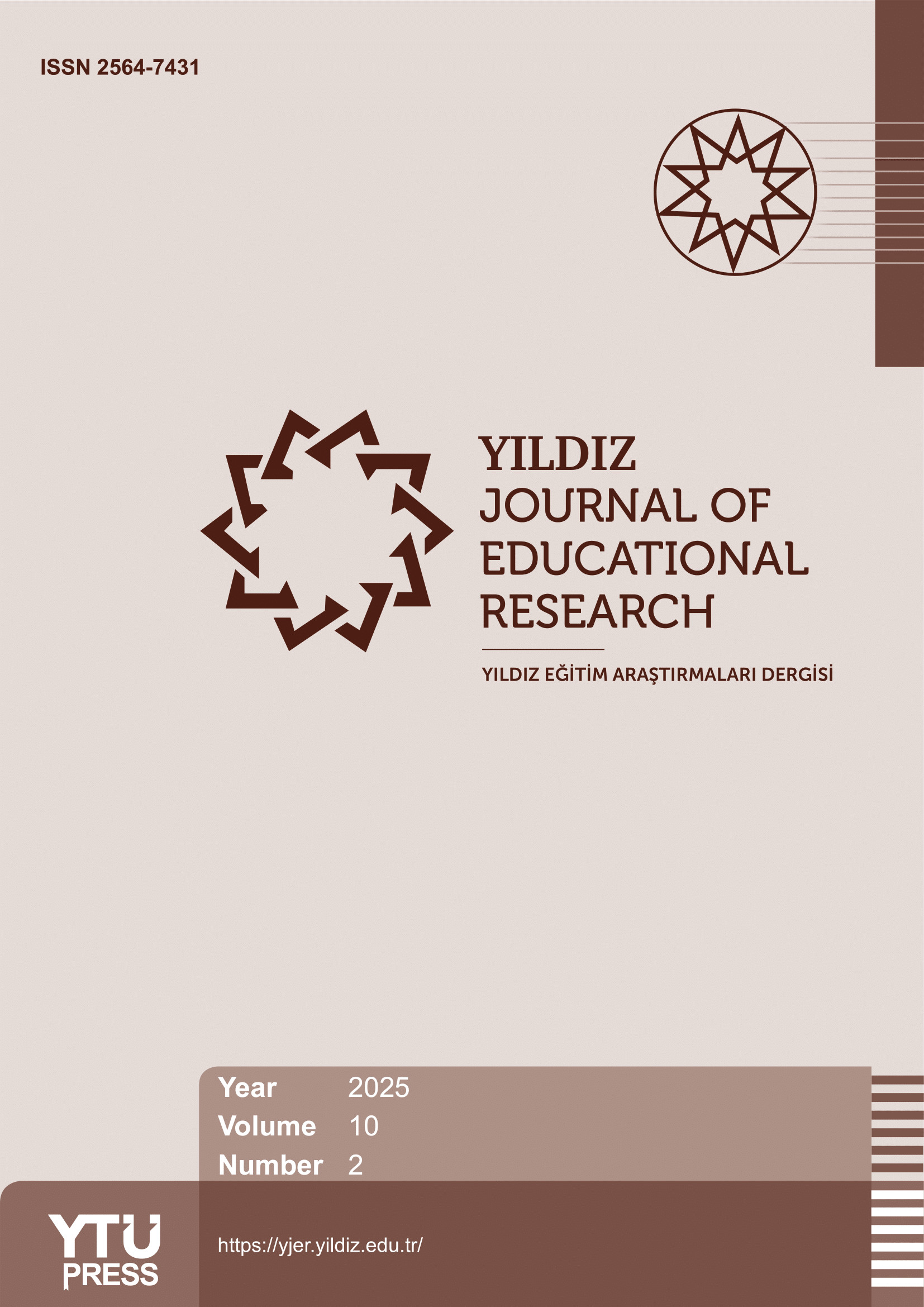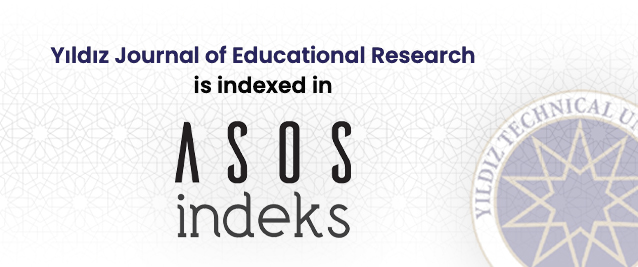Abstract
In this study, it was aimed to examine the quality of the arguments created by secondary school students towards the sustainable ecological living space. The research was conducted based on mixed research methods. The study group consisted of 68 secondary school students studying at the seventh grade level. Digital-based sustainable ecology teaching in one half of the working group; In the other half, traditional sustainable ecology teaching was carried out. Argumentation forms were used as data collection tools. Argumentation forms were applied throughout the sustainable ecology teaching process given to students. The obtained data were evaluated through the argumentation evaluation rubric and the levels of the arguments created by the students the scores of the students’ argument levels were at an average value. As a result of the research, it was revealed that the argument level scores of the group supported by digital-based sustainable ecology teaching were higher compared to the group that received traditional sustainable ecology teaching. Suggestions were also presented in line with the results obtained in the study.
were determined. According to the results obtained, it was determined that the scores of the students’ argument levels were at an average value. As a result of the research, it was revealed that the argument level scores of the group supported by digital-based sustainable ecology teaching were higher compared to the group that received traditional sustainable ecology teaching. Suggestions were also presented in line with the results obtained in the study.
Bu çalışmada, ortaokul öğrencilerinin sürdürülebilir ekoloji yaşam alanına yönelik oluşturdukları argüman kalitelerinin incelenmesi amaçlanmıştır. Araştırma, karma araştırma yöntemleri temel alınarak yürütülmüştür. Çalışma grubunu yedinci sınıf düzeyinde öğrenim gören 68 ortaokul öğrencisi oluşturmuştur. Çalışma grubunun bir yarısında dijital tabanlı sürdürülebilir ekoloji öğretimi; diğer yarısında geleneksel sürdürülebilir ekoloji öğretimi gerçekleştirilmiştir. Veri toplama aracı olarak argümantasyon formlarından yararlanılmıştır. Argümantasyon formları, öğrencilere verilen sürdürülebilir ekoloji öğretimi sürecince uygulanmıştır. Elde edilen veriler, argümantasyon değerlendirme rubriği aracılığıyla değerlendirilmiştir ve öğrencilerin oluşturdukları argümanların seviyeleri belirlenmiştir. Elde edilen sonuçlara göre, öğrencilerin argüman seviyelerine ait puanlarının ortalama bir değerde olduğu tespit edilmiştir. Araştırma sonucunda, dijital tabanlı sürdürülebilir ekoloji öğretimiyle desteklenmiş grubun geleneksel sürdürülebilir ekoloji öğretimi gerçekleştirilen gruba kıyasla argüman seviyelerine ait puanlarının daha yüksek olduğu ortaya konulmuştur. Çalışmada ulaşılan sonuçlar doğrultusunda öneriler de sunulmuştur.













